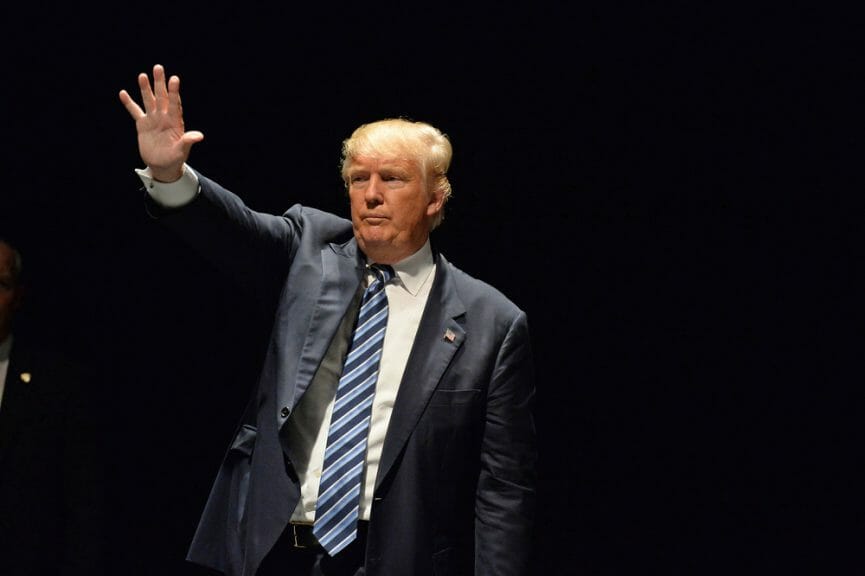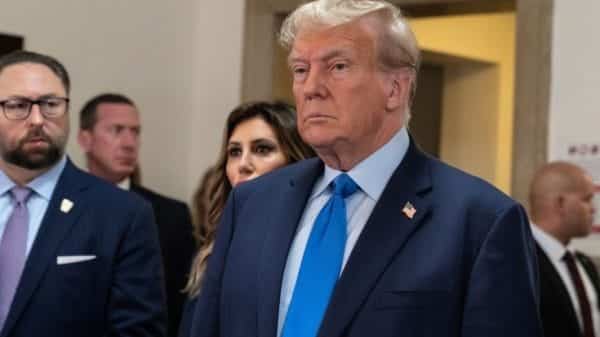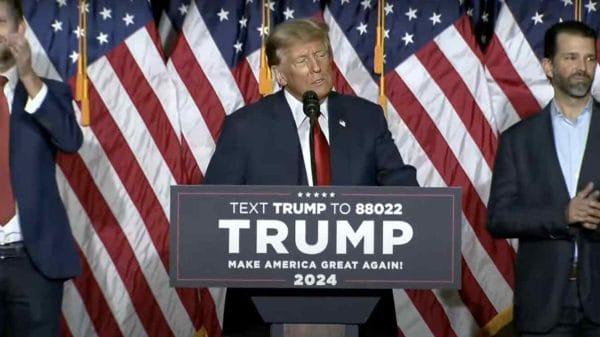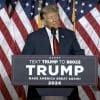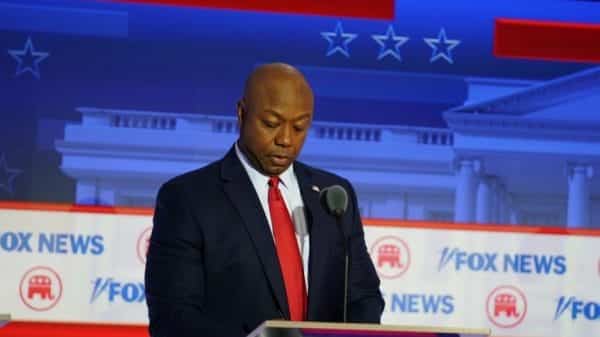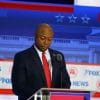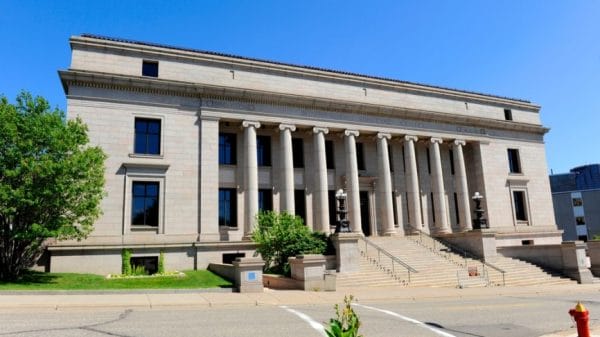The situation surrounding former President Donald Trump and the charges against him has taken a significant turn, with the Justice Department adding new counts to the case. The superseding indictment includes charges related to altering and concealing classified documents and willful retention of national defense information.
These additional charges have intensified the legal battle, with Trump’s team maintaining his innocence and labeling the prosecution as politically motivated. The former president’s aide, Walt Nauta, also pleaded not guilty in the case. A new defendant, Carlos De Oliveira, a Mar-a-Lago property manager and former valet, has been named in the case, facing charges related to concealing objects and making false statements during a voluntary interview with investigators.
One of the key pieces of evidence in the case is a document that Trump showed to several people during a meeting at his golf club in Bedminster, New Jersey. The indictment alleges that this document was marked as TOP SECRET/NOFORN, and Trump had it until mid-January 2022, but he shared it without proper clearance. The investigation also reveals De Oliveira’s alleged involvement in instructing an unnamed employee to delete Mar-a-Lago security camera footage to obstruct the investigation.
The charges against Trump, in this case, are unprecedented, as they involve the handling of sensitive government records by a former president. The trial date has been set for May 2024, and Judge Aileen Cannon is overseeing the case in Fort Pierce, Florida.
Furthermore, Trump and his attorneys are also awaiting the possibility of separate indictments related to Smith’s investigation into attempts to alter the 2020 presidential election. Despite these legal challenges, Trump maintains his denial of any wrongdoing in both cases.
As the legal process unfolds, the public and the political landscape remain keenly observant, waiting for further developments in these complex and historic cases involving a former U.S. president.
As the legal battle intensifies, the addition of new charges against former President Donald Trump has garnered significant attention from the public and the media alike. The case involving the alleged mishandling of classified documents and the willful retention of national defense information marks a historic moment, as it represents the first time a former U.S. president has faced such charges.
The indictment details the alleged incidents surrounding a document marked TOP SECRET/NOFORN that Trump showed to several individuals during a meeting at his golf club in Bedminster, New Jersey. The document’s exposure without proper clearance and sharing sensitive information have become focal points of the investigation.
Carlos De Oliveira, named as a third defendant in the case, has been accused of participating in efforts to conceal evidence by instructing an unnamed employee to delete Mar-a-Lago security camera footage. The attempts to obstruct the investigation have further fueled scrutiny of the former president’s actions and the alleged involvement of those around him.
Trump’s defense team continues to assert his innocence, characterizing the charges as part of a politically motivated “witch hunt” and “harassment” to damage his reputation and potential bid for the Republican presidential nomination. The former president’s attorneys recently met with federal prosecutors in the special counsel’s office, indicating ongoing efforts to address the various legal challenges he is facing.
While the trial date has been set for May 2024, the anticipation surrounding the case remains high, given its significance and potential implications for the nation’s legal and political landscape. As the legal proceedings continue, all eyes will be on the courthouse in Fort Pierce, Florida, where the trial is scheduled to take place.
In the broader context of American politics, these developments have added another layer of complexity to the already polarized discourse surrounding Trump’s presidency and the events that unfolded during and after the 2020 presidential election.
As the nation grapples with these historic legal proceedings, the focus remains on ensuring that justice is served impartially and fairly, regardless of the individual involved. The outcome of these cases will undoubtedly shape the perception of presidential accountability and the consequences of actions taken by those in the highest echelons of power.


